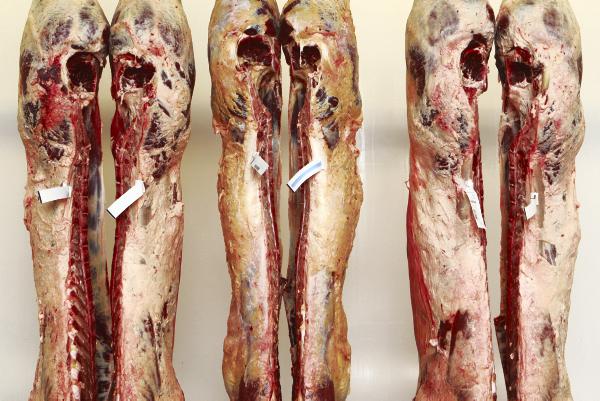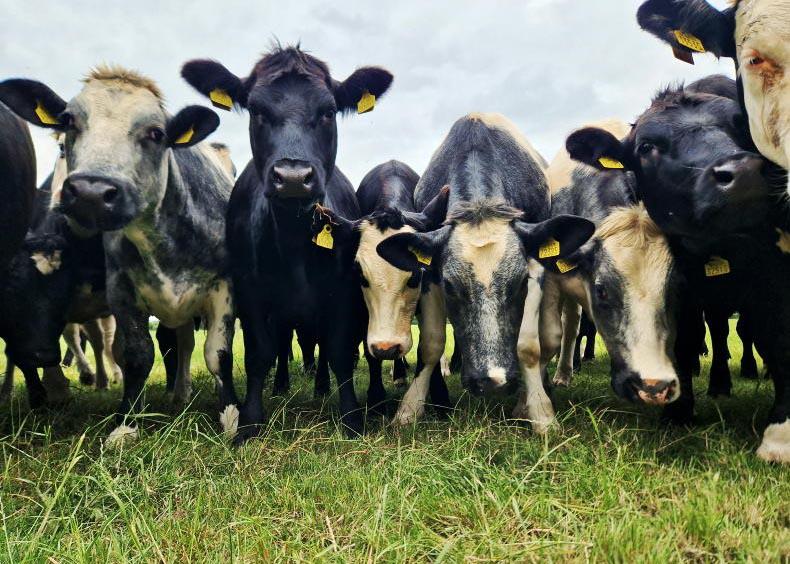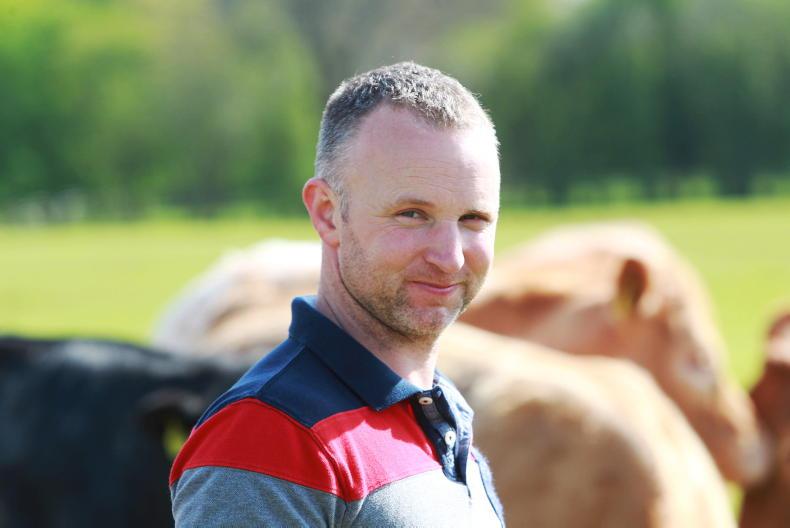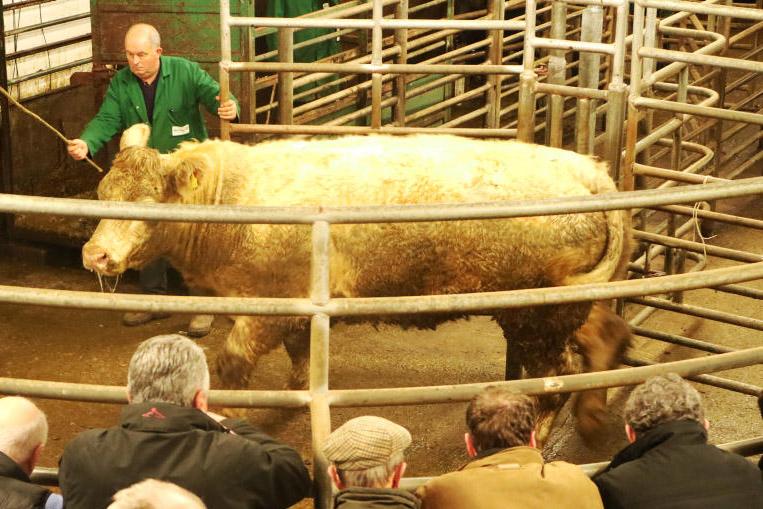The normal variation in prices paid by different plants is easily seen in the official prices reported by the Department of Agriculture. Many sellers are also questioning the higher average prices in some plants, especially where returns negotiated are well below the average price reported for similar quality stock.
Reports suggest higher numbers of contract or factory feedlot cattle are coming on stream at an earlier stage this year. This is due partly to plants becoming worried early in the year and increasing activity to secure a guaranteed supply for May.
With numbers holding relatively steady and last week’s kill of 29,101 head, some plants continue to try to talk the trade back. This is leading to some agents trying, and in cases succeeding, to purchase steers at a base of €4.15/kg and heifers at a base of €4.25/kg. This tactic is being faced mainly by sellers with small numbers, with many sellers trading higher numbers securing a base of €4.18/kg to €4.20/kg for steers and €4.30/kg for heifers.
Reports suggest finishers tied into factory agreements are securing a higher base or bonus payment with a similar situation evident in the price table for young bulls.
Flat-priced deals for butcher or wholesale heifers range from €4.15/kg to €4.25/kg for O grading Quality Assured (QA) lots, with Angus and Hereford heifers attracting a 15c to 20c/kg bonus payment.
Flat-priced deals for O grading Friesian steers range from €4.00/kg to a top of €4.15/kg, with Angus and Hereford lots attracting a 10c/kg to 15c/kg bonus.
Increased bull kill: The young bull kill has lifted by about 100 head to 2,475. R and U grade bulls are trading in the main at a flat price of €4.20/kg.
As mentioned above, specialised finishers are attracting a 10c/kg to 15c/kg higher return. Friesian bulls are trading from €4.00/kg to €4.05/kg for fleshed O grading bulls, with R grades selling for €4.10/kg. Bulls lacking flesh are being penalised 10c/kg to 20c/kg for bulls grading 2=/-.
Bulls aged under 16 months of age and traded on the grid are being offered a base of €4.05/kg to €4.10/kg. The higher base is for lighter carcase bulls under 400kg. Sellers are advised to enquire about potential penalties and payment of the 12c/kg QPS bonus for heavy bulls.
Firm manufacturing trade: The cow trade remains brisk. O grading Friesian cows are trading in the main from €3.50/kg to €3.65/kg.
Plants showing little activity in the cow trade are, in cases, paying 10c/kg lower for varying grade cows, but likewise plants specialising in the cow trade are paying €3.65/kg to €3.75/kg for O grade continental cows.
P+3 grades are trading from €3.40/kg to €3.60/kg, depending on sale volumes, with P+2 grading cows selling 15c/kg to 20c/kg lower. R and U grades are trading in the main from €3.80/kg to €4.00/kg, with Ashbourne Meats and Slaney Foods offering bonus payments for Limousin and Charolais cows respectively.
Pressure on GB trade: Continued pressure is being placed on British beef prices, with Eblex reporting average steer and heifer prices falling 2p to 4p. The average price reported for R4L steers is £3.51/kg, or €5.20/kg including VAT, with R4L heifers trading at £3.49/kg or €5.16/kg.
Eblex points to slower consumer demand and a plentiful supply of domestic and imported beef as inserting pressure on the trade.
Imports to the market are up 14% year-on-year to 20,000t, with the group reporting a significant increase in imports from Ireland, due partly to Irish beef being competitively priced as a result of the strength of sterling to euro in recent weeks.
The impact of exchange rates and room for Irish exporters to operate can be seen above when British prices are equated to euro. The northern base steer quote is £3.30/kg for a U3- or the equivalent of €4.84/kg including VAT.









SHARING OPTIONS